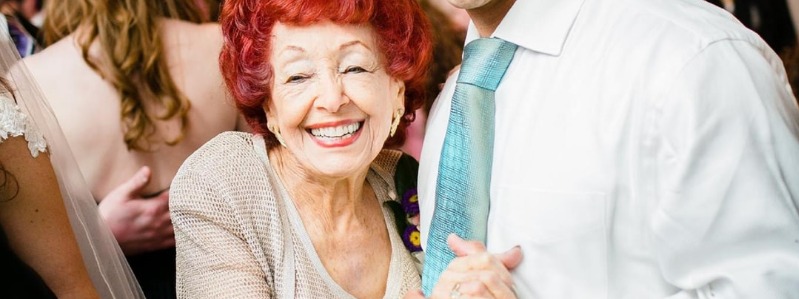The Middle Lane, a blog hosted by the Houston Chronicle has initiated a good discussion on warning signs that an elderly loved one may need help with some of life’s daily functions.
Often, children are caught off guard by their parents being in a position where they need help. Many children do not know where to turn or how to get help in that situation. They begin to look at ways to help including seeking Powers of Attorney or other tools to allow them to step in and help their parent.
Unfortunately, parents and children often wait until it is too late to take preventative action such as utilizing tools to allow a child to step and help an elderly parent. Although a tough conversation to have regardless of age, it is best to have the conversation prior to the onset of symptoms.
Have a frank conversation with your family regarding their wishes regarding care and get the tools to effectuate those wishes. Explain to a parent that it is not a matter of giving up control but ensuring that their wishes are carried out despite the inability to articulate those wises to others.
Texas provides many tools that allow a person to designate a person to make decisions for them–Medical and Durable Powers of Attorney, Designation of Guardian in Advance of Need, Living Trusts, etc. and tools to make their wishes known directly such as an Advanced Directive (sometimes referred to as a Living Will).





I recently experienced a situation with my own grandmother that relates to this post. My grandmother has always been independent and fiercely self-reliant. However, as she entered her late 80s, we started noticing some warning signs that she may need assistance.
One of the first signs was her forgetfulness. She would frequently misplace her keys or forget where she put her glasses. At first, we dismissed it as normal aging, but it became more frequent and started affecting her daily life. She would forget to turn off the stove or leave the front door unlocked.
Another warning sign was her declining physical health. She had always been active and enjoyed gardening, but we noticed that she struggled to perform simple tasks like bending down or carrying groceries. She also started experiencing frequent falls, which was a major concern for us.
Additionally, we noticed changes in her personal hygiene. She would often neglect to bathe regularly or wear the same clothes for days. This was unlike her, as she had always been meticulous